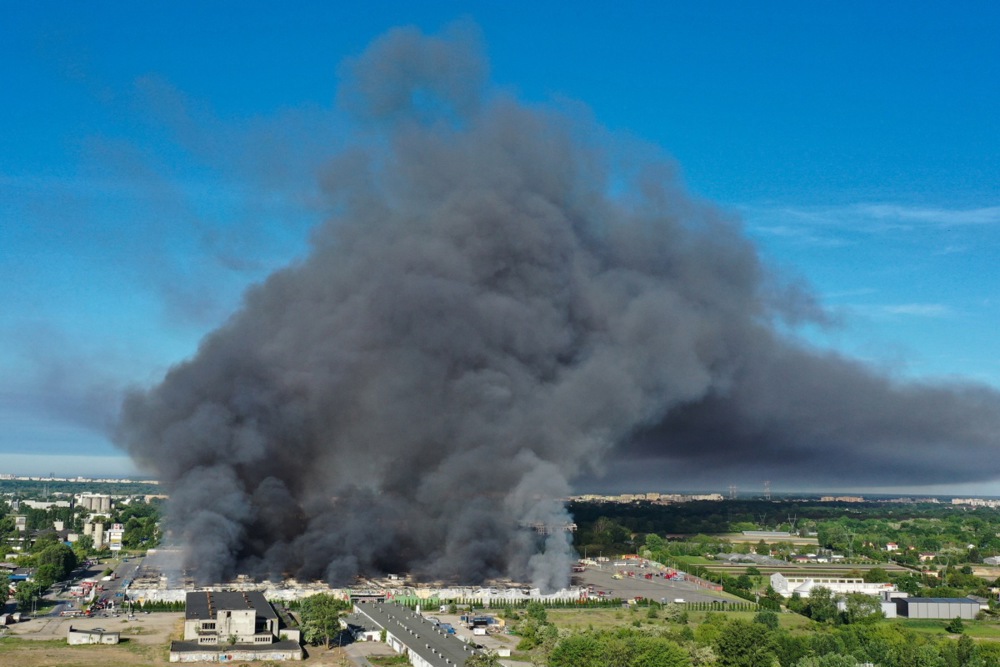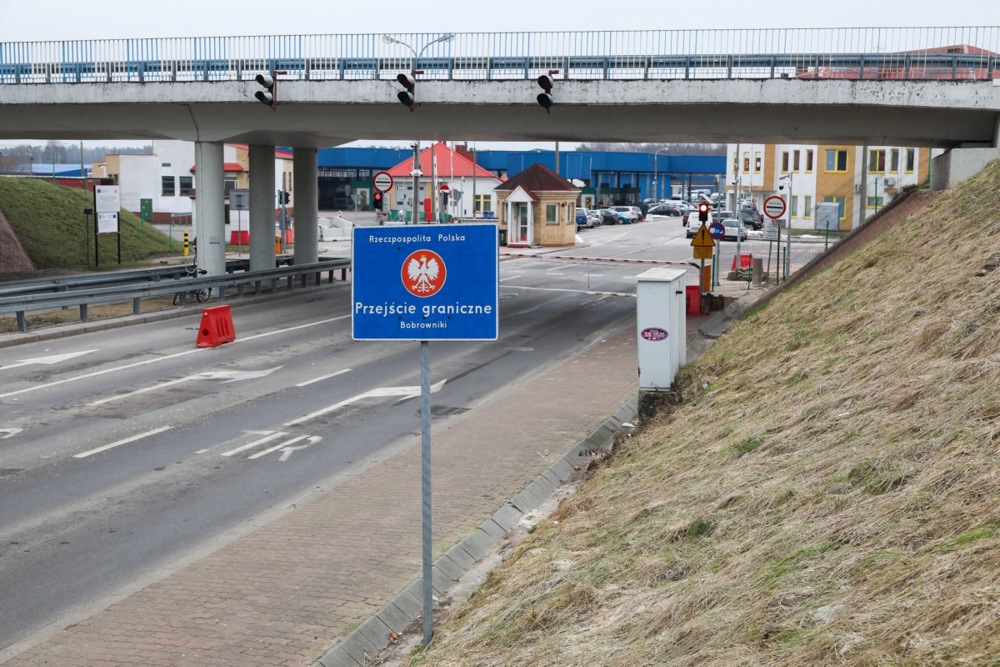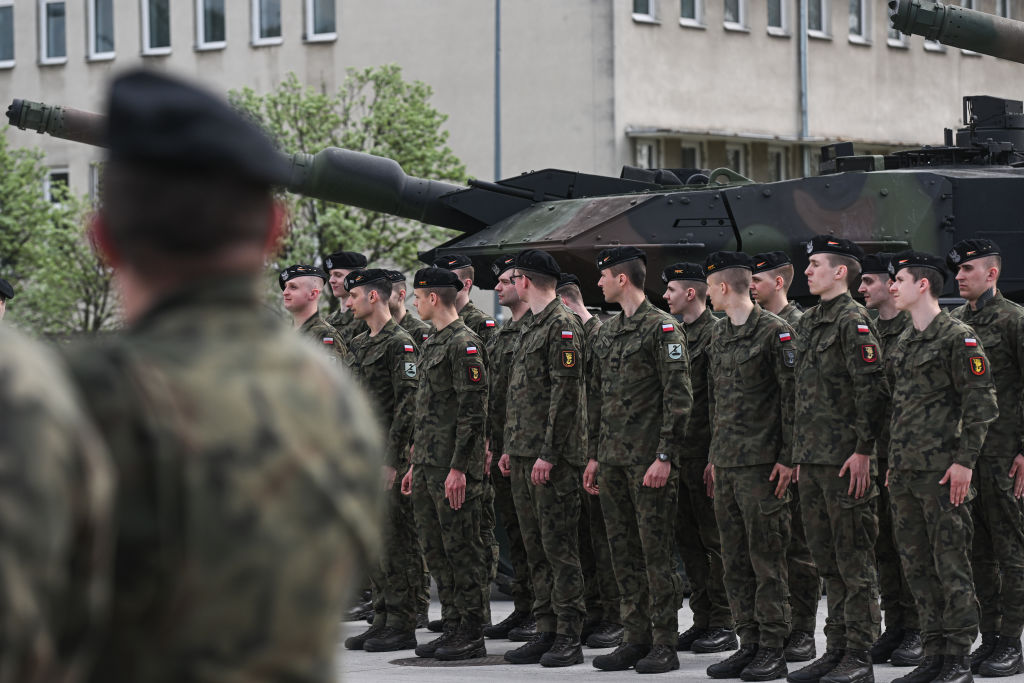Poland, Lithuania, Latvia, and Estonia have called upon the European Union to establish a ground defence line along its Eastern border with Russia and Belarus.
The initiative, outlined in a letter addressed to EU leaders ahead of a two-day European Council summit in Brussels starting on June 27, aims to enhance the EU’s defence against military and hybrid threats, combining overt and covert military and non-military means.
“Building a defence infrastructure system along the EU external border with Russia and Belarus will address the dire and urgent need to secure the EU from military and hybrid threats,” said the letter signed by the leaders of the four countries.
At the Council summit, EU leaders are expected to discuss financing options to strengthen defence capabilities, underscoring the need for unified EU support and financial commitment to effectively safeguard the bloc’s external borders.
Estimated to cost around €2.5 billion, the proposal seeks EU-wide financial backing.
The initiative, referred to as both “The Shield East” and “The Baltic Defence Line”, would build upon existing projects aimed at bolstering defensive infrastructure along the EU’s Eastern frontier.
It aims to combat a range of threats, including disinformation campaigns, cyberattacks, economic impacts and to manage migrant flows.
“The scale and costs of this joint endeavour require a dedicated EU action to support it both politically and financially,” the letter stated.
It stressed the importance of co-ordination with NATO regarding military requirements and of leveraging EU expertise in integrated border management, critical infrastructure protection, crisis response, civil defence and military mobility.
The call for action came amid heightened concerns over Russia’s increasing hybrid operations in Europe, prompting urgent demands for robust EU responses.
“Extraordinary measures need to be employed as the EU’s external border must be protected and defended with military and civilian means,” the letter said.





